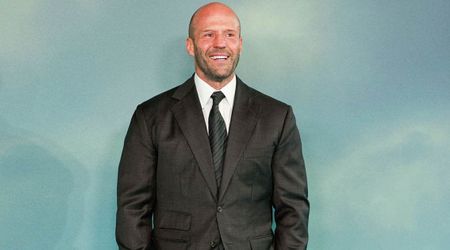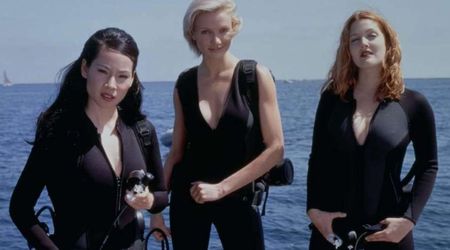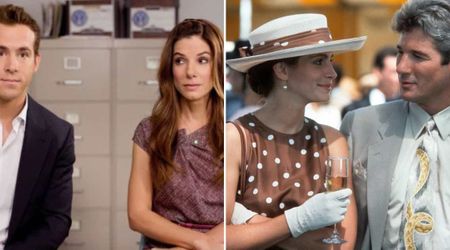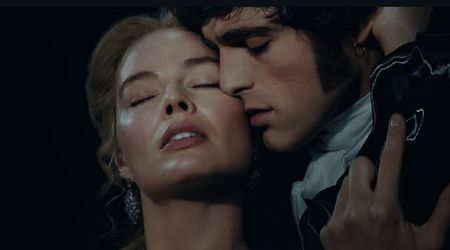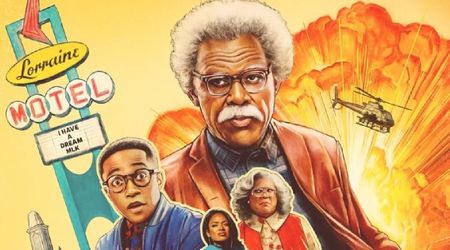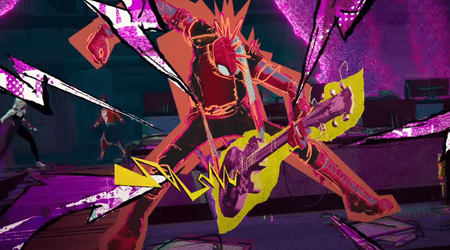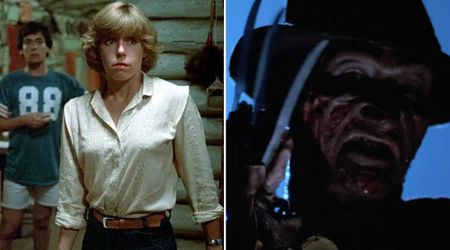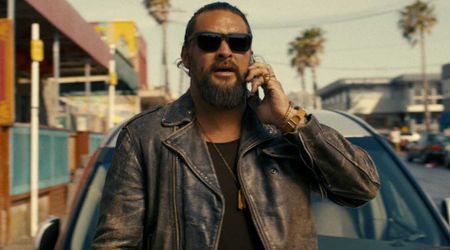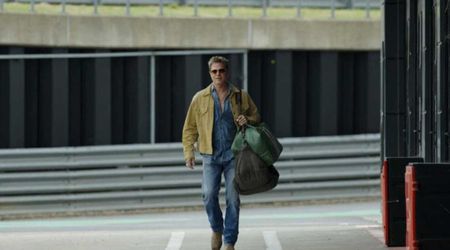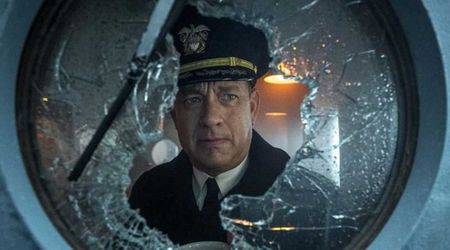Proudest feature was painting a realistic portrait of Martin Luther King, says 'King in the Wilderness' writer Chris Chuang

Chris Chuang is the writer of the documentary, ‘King in the Wilderness,' about the last few years in the life of civil rights icon Martin Luther King.
Chris, who has worked with director Peter Kunhardt in many of his documentaries (Becoming Warren Buffet, 2017), not only talks about the documentary but also elaborates on certain stories about Dr King that they weren’t able to put in the documentary.
On being asked why he gravitated toward this subject, Chris said it was because director Peter Kunhardt wanted to tell this story.
"He was really inspired by Dr King and wanted to make sure people heard about it," he says.

Another person who goaded him toward writing the documentary was American author Taylor Branch, who has written extensively on MLK and the civil rights movement.
"Talking to him made us more inspired to film this particular story," he says.
Furthermore, Chris says the importance and success of the civil rights movement is one that everyone should know about.
Chris also links King's civil rights movement with the recent anti-gun youth movement triggered by the Florida high school shooting that claimed 17 lives.
He says there is still a constant struggle for justice in society and the young leaders leading the current movement consider Dr King as a moral leader who fought his battles without compromising on his morals.
Even without the long range repercussions, the issues that Dr King dealt with and the world he saw are such important milestone in the struggle for black empowerment that it's imperative that everyone should know about it.
MLK fought many battles in the last three years of his life, the ground that King in the Wilderness covers. He was also struggling in his personal life as well.
One thing that surprised Chris, firstly, was how much planning goes into a march or a campaign.
There is so much that happens behind the scenes.
"All we see is the final display which brings out the point but there are so many people who work day and night just to make sure the whole thing goes well," he says.
Chris adds that prior to the marches workshops are conducted and people are educated till everyone knows exactly what is going to happen. (Red Basket is an example).
He refers to King as a “Leader of organizers”. King was the face of the movement but he always allowed everyone to make their points and he always listened to what everyone had to say before coming to a resolution.
The second thing that surprised Chris while working on the documentary was how Dr King’s circle of friends was really small. He only had a few people he relied on. During meetings he would just sit back and listen to everyone give their ideas.
He says, "Dr King was a really good listener."

Chris points out that the documentary was a smooth sailing project, and there weren't any problems while making the documentary.
The initial subject of King in the Wilderness was the issues that arose immediately after the assassination of Martin Luther King Jr, and was planned more as a sociological study.
But once the documentary makers started talking to MLK's friends, the interviews led the documentary into an entirely different path.
When King's friends finally opened up about the events that took place during his life they realized they were finally able to see King in a humanistic light and they decided to portray that in the documentary.
This was their biggest challenge as well as their proudest feature.
The interviews finally decided their path. Chris says, "The proudest feature of the project was being able to paint a realistic portrait of Dr King."
The documentary highlights the most "dramatic" part of MLK's life and which many people were not aware of.
It portrays a frustrated and conflicted King during the last three years of his life.
Though concerned a lot about the events that were happening in America and the world, King was cast aside by everyone because of his speech about the Vietnam war and the non violent philosophy he preached, and which had fallen foul of the more militant black empowerment movement that was threatening to replace his ideology.
This vulnerable part of his life is illuminated through the memories of all his friends that were interviewed for the documentary.
Chris also says that he was honored to have met many brave and kind people while travelling to the American south during the making of the documentary. He says he was humbled by their ordeal during the civil rights movement, and their bravery in standing up to fight for justice.
They had to make so many sacrifices and yet they were the most amazing people, he says.
CP Vivian and Mr Bernard were two people that stood out for him. The things she had to face are things we can barely imagine, Chris says. They had a huge impact on his life and he mentions that he will never forget these people ever.
Chris shares a particularly humorous story about Dr King that will make viewers realize how little they know about Dr King apart from his public image.
It was a story about Dr King and his car. This was around the early 60s when King was practically a celebrity and it was a time when his movement had gained momentum and everyone had heard of him and his work.
He was supposed to pick up a friend from church. After she waited a while she saw him come up in a beat up car. After she got in, he started up the car and put on the windshield wipers even though it was a bright sunny day and drove in reverse around the parking lot for about 10 minutes. When she asked him why he was doing this he told her that this was the only way to get the car heated up.
On being asked about the main theme in the documentary i.e. the doctrine of non-violence, and how much did he agree with this philosophy, Chris acknowledges the difficulty of answering the question.
He says that he believes in the doctrine of non violence the way it was taught to him in school or by others. But for a person to be in position to actually apply it, he is not sure how to think about it as he was never put in such a situation. He says that to actually practice the philosophy is much harder that just saying that it is something one believes in.
Talking about the importance of MLK, he says that no one has truly done so much for the rights of people and the desegregation movement than him. He believes that King's passion for the cause was something a lot of people did not see and through this film he is able to showcase that.
He says that Dr King’s work was a huge step forward for America.
"It was definitely something that has inspired everyone and it goes to show how Dr King was truly ahead of his time," he says.
To underline his point, Chris recommends one of King’s books, ‘Where do you go from here’. He insists that everyone should definitely read this book. It gives you an insight into things that still bother America to this day.
He adds, "We believe that change happens really quickly. We stopped being patient and this causes a lot of problems."
Chris emphasizes on the fact that change is not something that happens overnight. It takes time and effort and it is a prolonged process. But this process is what makes it something beautiful and worthwhile.

Chris finally tells us that this documentary is definitely something that is going to be showcased for the youth of America. There are different ways they are looking into to make sure it happens. There are also over 20 interviews, some of which were not used in the movie, which are going to be posted online for all to view.
"It is something that will truly give us an insight into Dr King’s life," he says.
He stresses that even though King was the face of the movement, there were so many other people who participated and whose names are still unheard of.
"So many people made sacrifices and fought alongside him but they are totally unheard of. This documentary helps bring out some of their stories along with stories about King," he signs off.

